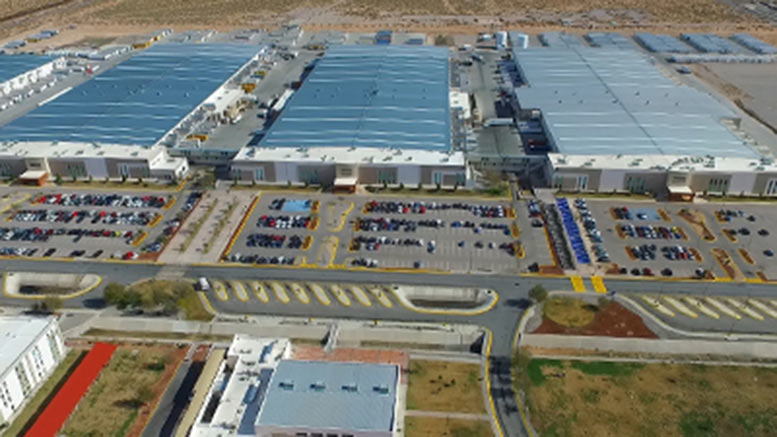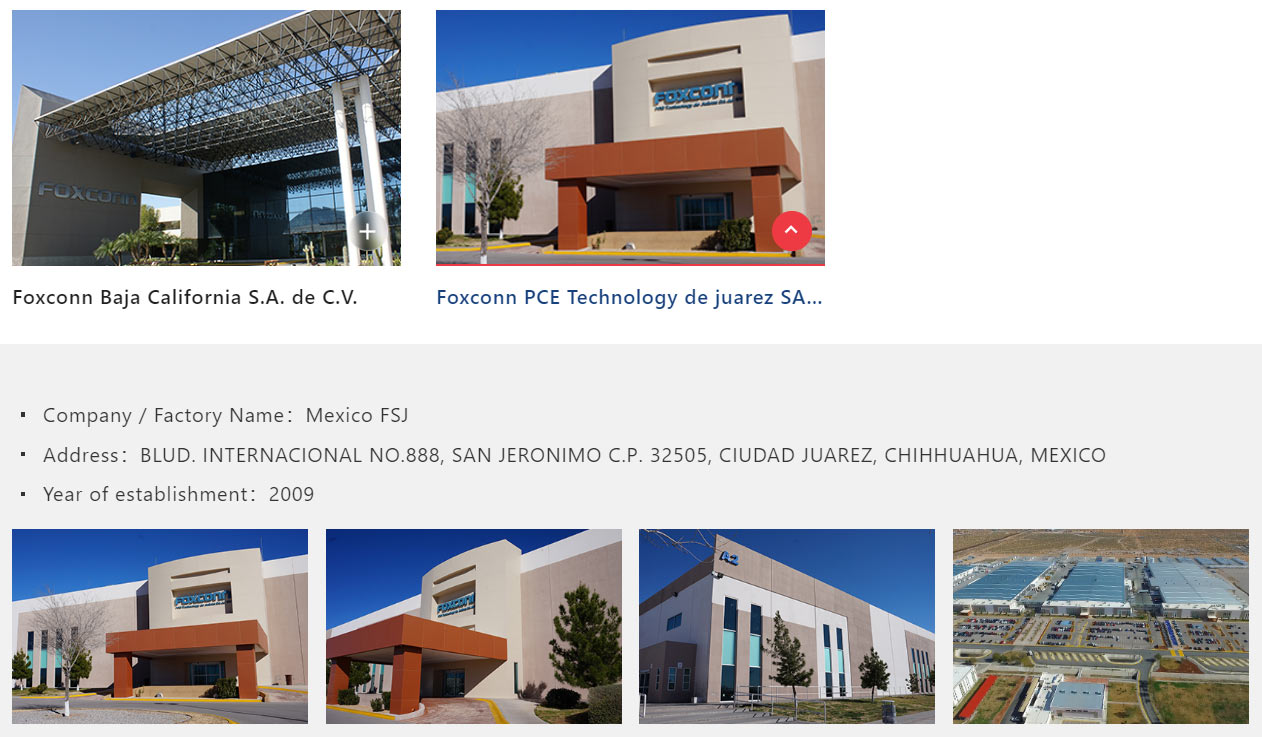Make AI servers in Mexico, US tech firms tell Taiwanese manufacturers
And the USCMA free-trade deal makes sidelining China all the more attractive.

U.S. tech giants are keen for their Taiwanese AI server manufacturing partners to set up in Mexico, according to a new report published by the Wall Street Journal. The idea has proven attractive to giants like Foxconn, and geopolitics aside, it would move manufacturing closer to U.S. tech firms. Mexican expansion plans will also benefit from the attractive United States of America, Mexico, and Canada (USMCA) free trade agreement established in 2020.
Attracting manufacturers from Asia to USMCA countries is an example of nearshoring and, since the trade agreement has been signed, Mexico has been the key beneficiary of investment in tech production. According to sources cited by the WSJ, Foxconn’s massive new facilities in Mexico are already manufacturing AI servers for tech giants such as Amazon, Google, Microsoft, and Nvidia. (Those companies did not confirm to the newspaper whether Foxconn is making their servers in Mexico.)
The WSJ also heard from an exec from Taiwanese server maker Inventec, who indicated that it is looking to develop manufacturing in Mexico. Inventec is said to have an important “top American brand involved in AI development,” as one of its clients.
Dell and HPE, which both rely on East Asia manufacturing, are also said to be reducing reliance on China with moves into Southeast Asia and Mexico. Other Asia-based manufacturers growing roots in Mexico include Pegatron, Wistron, Quanta, and Compal. The latest figures suggest that there are currently 300 Taiwanese firms operating in Mexico, employing 70,000 people, and generating over $15 billion in trade.
Mexico might have some inherent issues as a production hub, including wage competition and potentially unreliable utilities, but thanks to agreements like the USMCA, its nearshore locality, and having few if any geopolitical drawbacks, it seems like an obvious choice over China, which was the electronics workshop of the world not long ago.
There are obvious problems with AI server manufacturing in China nowadays, due to US tech sanctions. China can’t get the advanced chips that are needed to make AI servers for US tech companies. Nvidia’s newest and most powerful GPUs, including some consumer products like the GeForce RTX 4090, are probably best known for being barred from export to China.
The chilling of US-China relations has also started to show in terms of US goods imports. Census Bureau data suggests that China-made goods accounted for 13.9% of US imports last year. That figure is significantly down from 2015 when Chinese goods accounted for 21.5% of US imports.
Get Tom's Hardware's best news and in-depth reviews, straight to your inbox.
On Thursday we reported on Taiwan’s Ministry of Economic Affairs (MOEA) figures which suggest that Taiwan produces 90% of the world's AI servers and 100% of US-brand AI servers. The newly surfaced information raised concerns, as some worry that Taiwan may serve as a likely geopolitical flashpoint in the coming years.

Mark Tyson is a news editor at Tom's Hardware. He enjoys covering the full breadth of PC tech; from business and semiconductor design to products approaching the edge of reason.
-
vanadiel007 All great, but once Mexico becomes a major hub they will put trade sanctions in against them.Reply -
bit_user Reply
The USMCA has a 16 year term. Upon expiration, it could be renegotiated.vanadiel007 said:All great, but once Mexico becomes a major hub they will put trade sanctions in against them.
Regarding other concerns, it'd be worth reading through the provisions:
https://en.wikipedia.org/wiki/United_States%E2%80%93Mexico%E2%80%93Canada_Agreement#Provisions
It seems there was some thought given to the potential of having one country (presumably Mexico) being used as a transit point for goods from elsewhere (e.g. China). Probably a better situation than any agreements we have in place with countries like Vietnam, if that's what you're concerned about. -
Notton It doesn't say where they plan to build these.Reply
IMO, if they piggyback this on the Tehuantepec project, it would become a massive boon for Mexico's economy. -
Co BIY I'm surprised at the large reduction in percentage of Chinese imports to the US over eight years.Reply -
bit_user Reply
I assume Chinese investors can own businesses in Mexico, just like they can own them in the USA, but some restrictions likely apply.williamcll said:How do they know the Mexican firms aren't actually Chinese?
The trade deals aren't about who owns the businesses, but about movement & exchange of goods, services, workers, etc. -
Co BIY Replybit_user said:I assume Chinese investors can own businesses in Mexico, just like they can own them in the USA, but some restrictions likely apply.
The trade deals aren't about who owns the businesses, but about movement & exchange of goods, services, workers, etc.
OTOH the tick-tock deal is all about the ownership. -
bit_user Reply
Not because of who gets the revenue, which would normally be the concern about ownership. It's a matter of the algorithms used and access to the data about users and their activity.Co BIY said:OTOH the tick-tock deal is all about the ownership.
To understand why that's an issue, you should probably do a bit of reading on Cambridge Analytica's claims about their psychometric profiling capabilities, prior to 2016. With the power of modern AI, such potential is now even further amplified.
